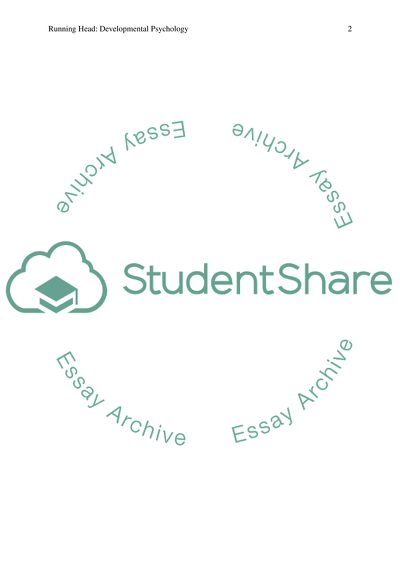Cite this document
(The Influences on Physical and Cognitive Development of the Early Essay Example | Topics and Well Written Essays - 1250 words - 4, n.d.)
The Influences on Physical and Cognitive Development of the Early Essay Example | Topics and Well Written Essays - 1250 words - 4. https://studentshare.org/psychology/1866891-lifespan-development-and-personality-paper
The Influences on Physical and Cognitive Development of the Early Essay Example | Topics and Well Written Essays - 1250 words - 4. https://studentshare.org/psychology/1866891-lifespan-development-and-personality-paper
(The Influences on Physical and Cognitive Development of the Early Essay Example | Topics and Well Written Essays - 1250 Words - 4)
The Influences on Physical and Cognitive Development of the Early Essay Example | Topics and Well Written Essays - 1250 Words - 4. https://studentshare.org/psychology/1866891-lifespan-development-and-personality-paper.
The Influences on Physical and Cognitive Development of the Early Essay Example | Topics and Well Written Essays - 1250 Words - 4. https://studentshare.org/psychology/1866891-lifespan-development-and-personality-paper.
“The Influences on Physical and Cognitive Development of the Early Essay Example | Topics and Well Written Essays - 1250 Words - 4”. https://studentshare.org/psychology/1866891-lifespan-development-and-personality-paper.


